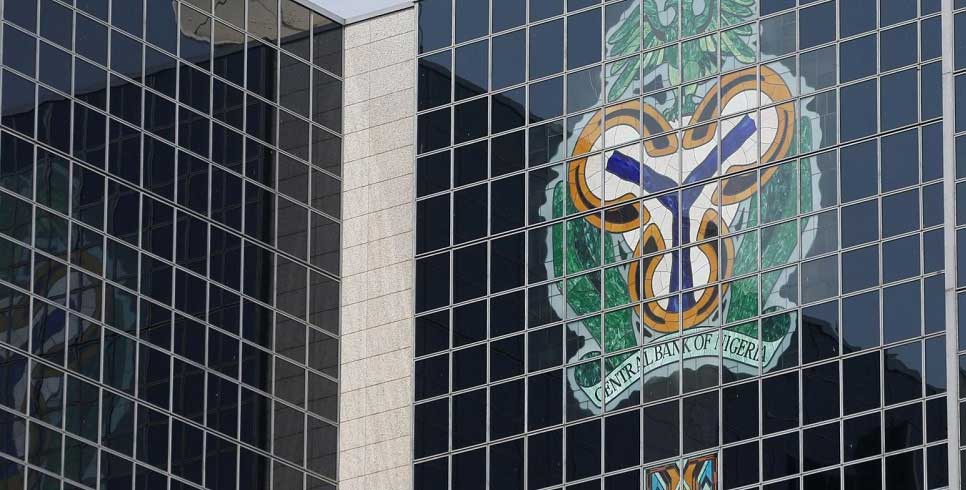
Cardoso-led reforms aim to strengthen Nigerian banks for global competitiveness and economic transformation….
The Central Bank of Nigeria (CBN) has reaffirmed that the ongoing recapitalisation of commercial banks remains a vital pillar in the Federal Government’s ambition to build a $1 trillion economy by the year 2030.
The CBN’s Deputy Governor in charge of Financial System Stability, Philip Ikeazor, made this known on Friday during the three-day retreat of the Association of Corporate Affairs Managers of Banks (ACAMB), held in Abeokuta, Ogun State.
Represented by Ibrahim Hassan, Ikeazor described the recapitalisation exercise as “a journey, not a destination,” explaining that the objective is not just to create larger institutions but to build stronger, safer, and more inclusive banks that can effectively drive national development.
“The true goal of this exercise is not merely to create bigger banks but better ones, banks that are safe, sound, innovative, and inclusive,” he stated.
According to Ikeazor, adequately capitalised banks are essential for enhancing competitiveness, stimulating credit to the real sector, and shielding the financial system from both domestic and global economic shocks.
He recalled the landmark 2005 recapitalisation that consolidated Nigeria’s banking sector from 89 to 25 institutions, noting that the current effort is part of broader reforms championed by CBN Governor Olayemi Cardoso to reposition the financial system for sustainable growth.
“I am confident that before the first quarter of 2026, most banks will have met the new requirements either individually or through mergers. This exercise will position Nigerian banks to better support economic growth and compete globally,” Ikeazor added.
He further explained that the recapitalisation drive seeks to empower banks to finance large-scale infrastructure projects, expand credit to the productive sectors, and support the country’s overall economic transformation agenda.
Also speaking at the retreat, Professor Tayo Otubanjo of the Lagos Business School urged banks to use the recapitalisation phase to embrace “real banking” by channeling funds into micro, small, and medium-scale enterprises (MSMEs), as well as artisans and traders who drive the grassroots economy.
“After recapitalisation, banks will have more liquidity. This is the time to push funds into productive sectors and empower those who genuinely drive the economy,” Otubanjo said.
In his remarks, the President of ACAMB, Bolarinwa Babalola, described the retreat returning after a 15-year break as a strategic opportunity for knowledge sharing among industry leaders, regulators, and financial communication professionals.
Babalola emphasised that the recapitalisation push is “not merely a regulatory hurdle” but a catalyst for re-imagining Nigerian banks as resilient, trustworthy, and inclusive institutions that can power the $1 trillion economy vision.
“Beyond balance-sheet growth, the real value lies in brand resilience, the ability to deepen trust among customers and investors and in expanding financial inclusion for MSMEs, women-led enterprises, and the unbanked,” he said.
In March 2024, the CBN announced new minimum capital requirements for different categories of commercial banks:
- ₦500 billion for international banks
- ₦200 billion for national banks
- ₦50 billion for regional banks
The apex bank explained that the recapitalisation policy is designed to strengthen the financial system, improve credit access to the real sector, and enable banks to play a catalytic role in achieving the federal government’s $1 trillion economic target by 2030.



